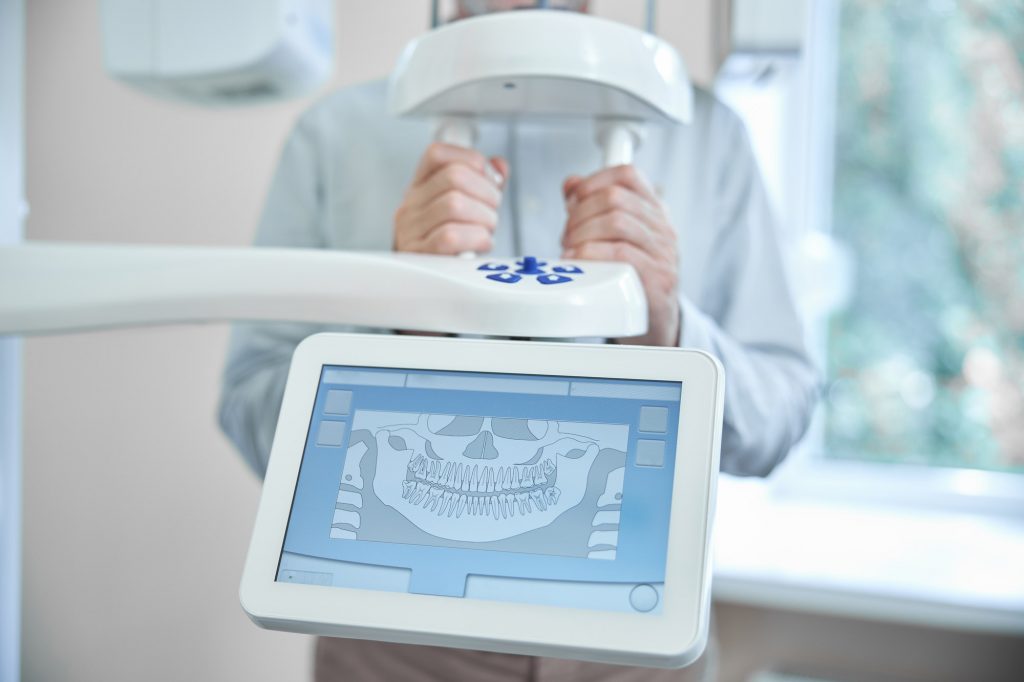Bleeding gums are one of the first signs of gum disease and should act as a warning that something needs to change in our daily oral health routine.
Just because it may seem normal to have bleeding gums doesn't mean we should ignore it. Quite the opposite. Below are five ways we can help stop bleeding gums.
1. Brush twice a day for two minutes with fluoride toothpaste
This is first on the list for a reason. Brushing our teeth twice a day for two minutes with fluoride toothpaste is vital for gum health and also helps protect against other oral diseases.
For best results, use an electric toothbrush.
2. Use interdental brushes or threads
Using interdental brushes or floss is another key component of a good oral health routine. This is because a toothbrush cannot get between our teeth like interdental brushes or floss. It's important to get into those areas that a toothbrush can't reach, otherwise plaque pockets can form, causing potential problems with our gums.
3. Use fluoride mouthwash
Fluoride mouthwash is beneficial for oral health as it helps to clean the mouth of debris. It also helps to prevent plaque build-up in our gums, between our teeth and on the surface of our teeth.
Apart from all this, it can also help to freshen your breath by killing the bacteria associated with bad breath (halitosis). It's important when considering a mouthwash to choose one that contains fluoride to give our teeth that extra protection throughout the day.
4. Visit to the dentist
If we have a problem with our car, we're likely to call a mechanic, right? The same principle applies to problems in our mouths and to a dentist. A dental practice is the best solution for any oral health problems we experience, including bleeding gums.
If our gums continue to bleed for a long period of time, it is important not to wait for an appointment - call and book a visit.
5. Healthy diet and lifestyle
This is important not only for bleeding gums but for good health in general. A healthy diet is important for our mouth to function properly. Lifestyle factors can also affect our oral health, such as smoking and drinking alcohol. Those who smoke are more likely to have gum disease. This is because smoking causes a lack of oxygen in the bloodstream, so infected gums don't have a chance to heal.
They need healthy gums to support healthy teeth. Don't ignore bleeding when brushing. By following the steps outlined in this blog, we can help give your oral health a much-needed boost and stop bleeding gums.
*The content on this blog is not intended to be a substitute for professional medical advice, diagnosis or treatment. Always seek the advice of qualified health care providers with questions you may have about medical conditions.



























